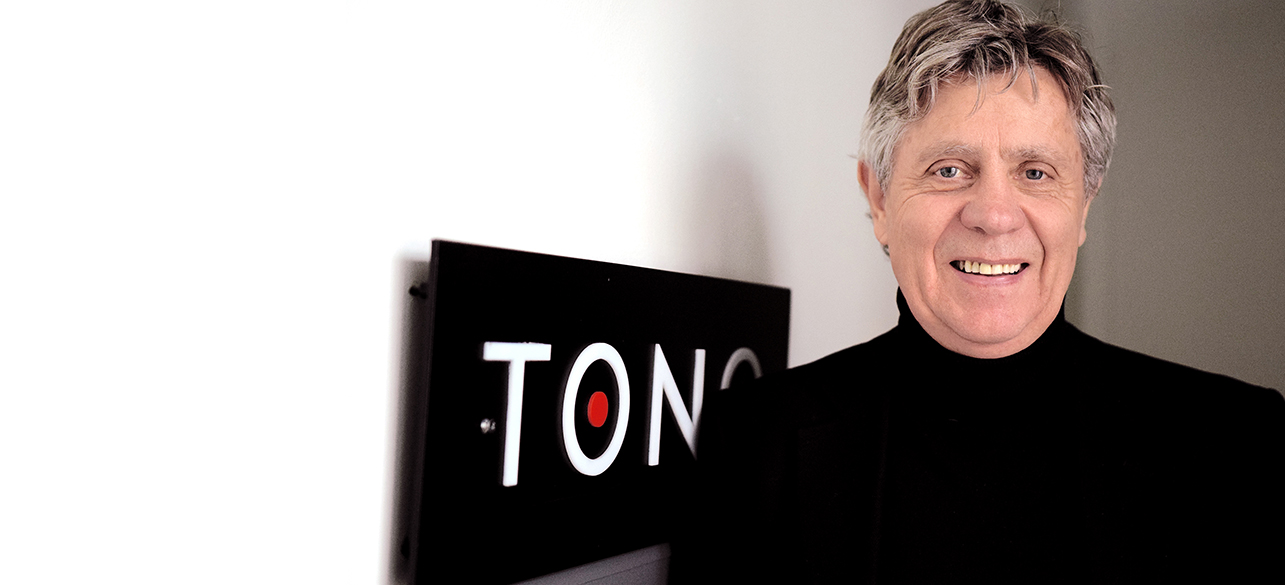


The Norwegian Supreme Court held the TV distributor RiksTV liable to pay compensation for music rights pursuant to the Norwegian Copyright Act section 3. TONO also won the case in the city court and in the appeal court, and was awarded MNOK 7.3 in total legal costs. The claim comprises more than 20 TV channels […]
/ 20/12/2018 / Willy MartinsenTONO also won the case in the city court and in the appeal court, and was awarded MNOK 7.3 in total legal costs.
The claim comprises more than 20 TV channels included in RiksTV’s channel packages. For some of the channels, the claim dates back to 2009. The TV-channels are mainly produced by broadcasters in the United Kingdom, transmitted to the digital terrestrial network in Norway by closed transmission (“direct injection”) and distributed by RiksTV to RiksTVs Norwegian subscribers.
– The Supreme Court judgement states that RiksTV conducts an independent commercial utilisation of copyright protected works in Norway, and thereby is obliged to clear the performing rights with TONO. We are pleased and relieved that a long and demanding process has been settled, says CEO of TONO, Cato Strøm.
RiksTV has never cleared nor paid for the use of copyright protected music in these TV-channels. RiksTV has inter alia asserted that only the broadcasters are responsible for copyright clearance, that RiksTV merely performs technical assistance to the broadcasters and that there is no “new public”, since RiksTV’s transmission only reaches the same public that is targeted by the broadcasters.
The Supreme Court rejected all RiksTV’s arguments and found that RiksTV is responsible for clearing the use of copyright protected works.
The Supreme Court stated that the exclusive right at the outset comprises any communication of the work, irrespective of technical means. It was emphasized that the purpose of copyright is to ensure remuneration to the author, and that the decisive question is whether the relevant activity leads to public access to protected work. The agreements between RiksTV and the broadcasters were considered irrelevant with respect to the authors’ legal position.
The Supreme Court found that the decisive factor in relation to the “new public” issue was the fact that RiksTV has an independent commercial role; RiksTV puts together a new audiovisual product in its channel packages and the subscribers pay RiksTV for access to the contents of the programme carrying signals. In this way, RiksTVs subscription scheme makes the copyrighted content available to the public. Consequently, RiksTV has an independent responsibility for clearing the use of copyright-protected music. In this finding, the Supreme Court relied on the ECJ decisions in Airfield (C-431/09 and C-432/09) and SBS (C-325/14), as well as a related Norwegian Supreme Court case from 2016 (Norwaco-Get HR-2016-562A).
You can read the Supreme Court Judgement in Norwegian here, and an English translation here.